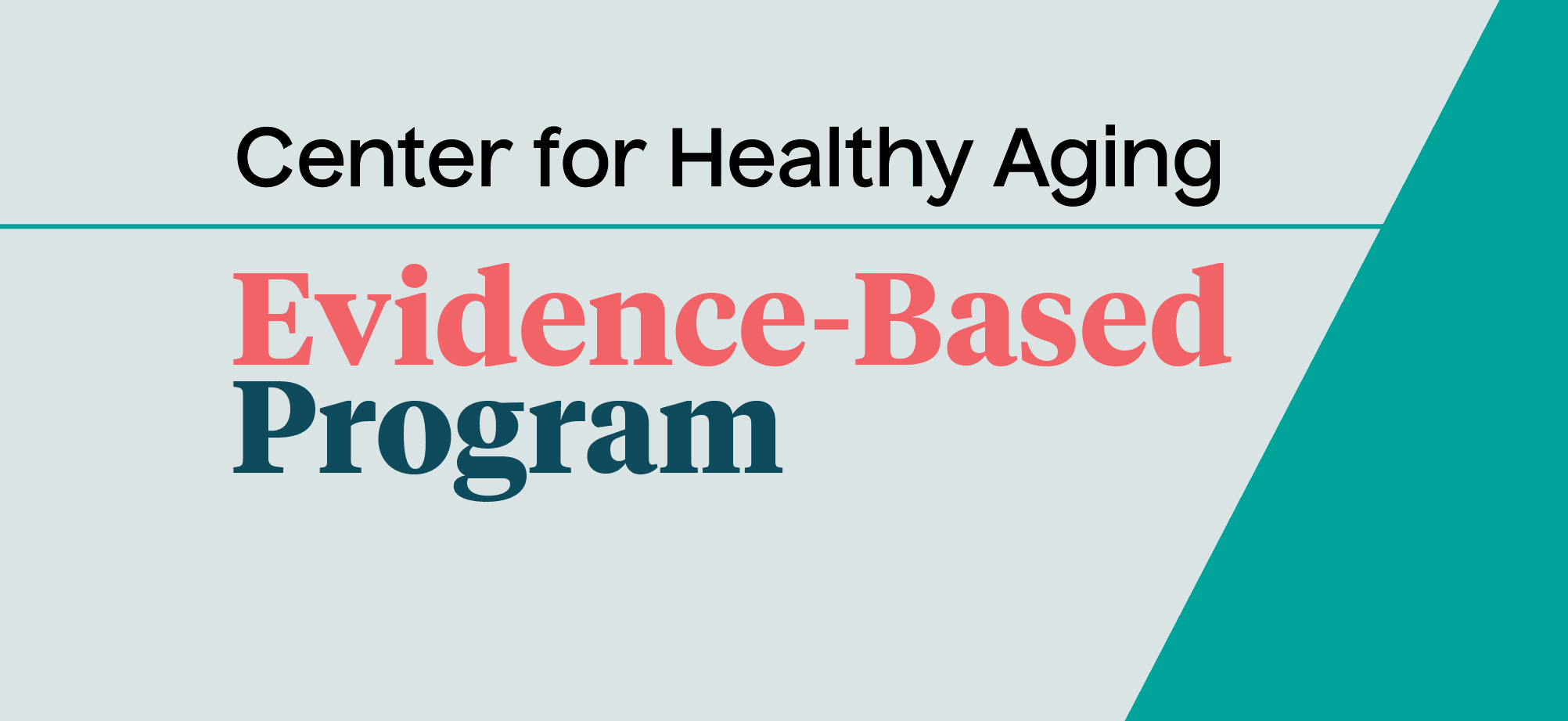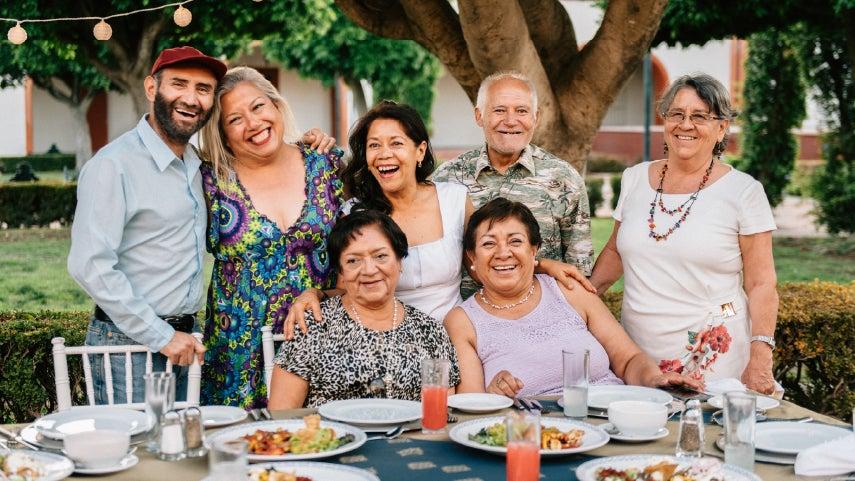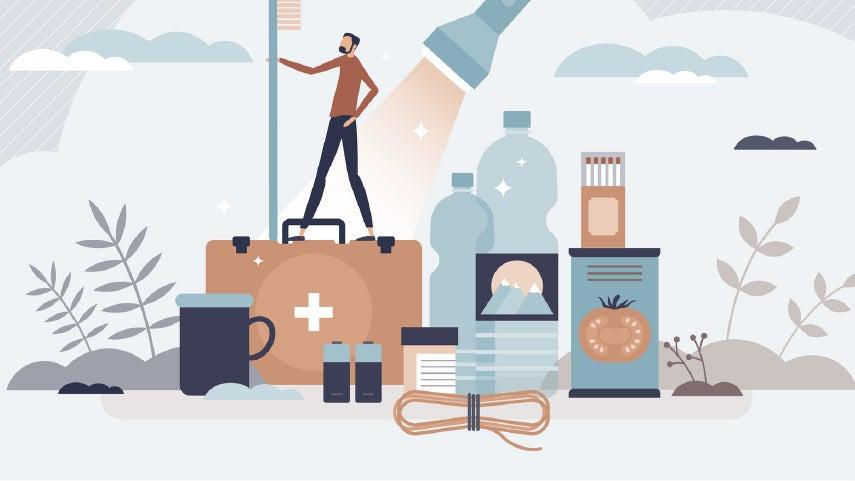
CAPABLE CAPABLE is a person-directed home-based program designed to increase mobility, function, and capacity, to allow older adults to age in their home and community.
Through six visits from an Occupational Therapist and four visits from a Registered Nurse within 4 months, the older person sets goals and takes action. A handyperson follows a specific work order to make minor modifications. Additional supplies or equipment help improve daily function. The program helps change behaviors to improve health, independence, and safety, with extended benefit via new skills the individual can use to face changes in the future.
- Target audience: Eligible older adults live in the community, have at least one functional limitation, do not have a memory disorder, and express interest in actively participating.
- Health outcomes:
- Improvement in function
- Reduction in depressive symptoms
- Increased motivation
- Reduction in healthcare utilization (some studies) and total cost of care
- Delivered by: Occupational therapist, nurse, and handy worker
- Program type: Individual
- Format: In-person at home
“Last week I went out to take care of some personal business. Outside of going to the hospital it was the 1st time I had been out of my home in a year all thanks to the CAPABLE program!”- Participant
- Length: A four- to five-month period is recommended
- Training: Remote and on-demand. There is required online, on-demand training for the OT and for the RN (two separate training modules).
- Professional required: Three requirements:
- OT must be registered, and licensed
- RN must be registered, licensed
- Handy worker must be oriented to CAPABLE by the organization implementing and follow guidelines provided. We recommend that the handy worker be licensed, insured, bonded, according to rules of their region.
- Accessibility adaptations available: Yes. CAPABLE clinicians accomodate all abilities, including no/low vision, low hearing, limited mobility, etc.
- Cultural adaptations available: Yes
- Available in languages other than English: We have translated participant-facing materials to Spanish. We have guidelines for working with individuals who do not speak either English or Spanish.
- Topic(s):
- Physical Activity
- Behavioral Health
- Care Transitions
- Chronic Disease
- Falls Prevention
- Pain Management
- Nutrition
- Data collection: Sites implementing the program are required to submit data to the program administrator.
- Contact: CAPABLEinfo@capablenationalcenter.org



